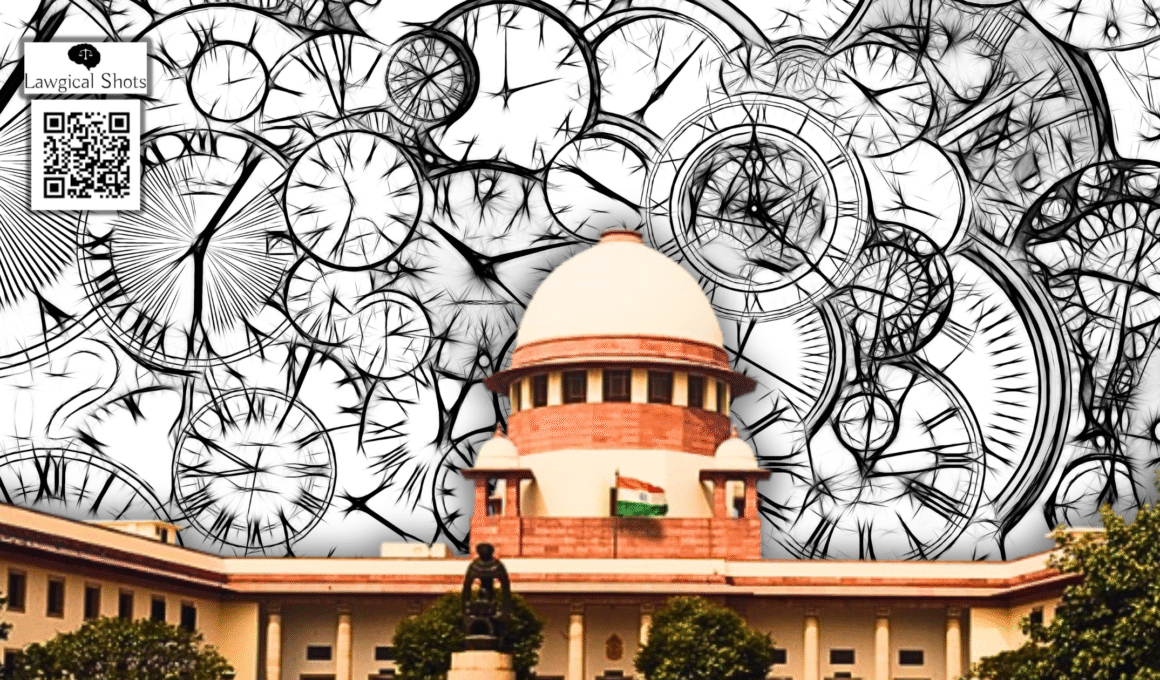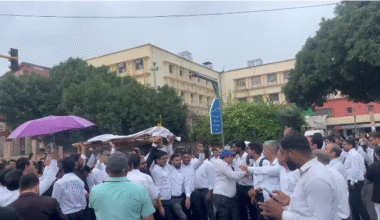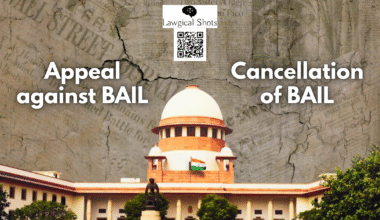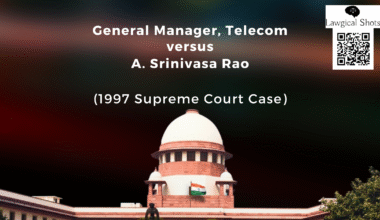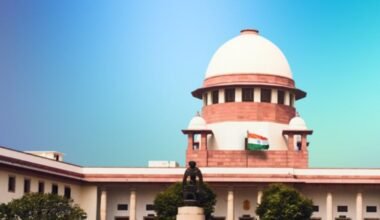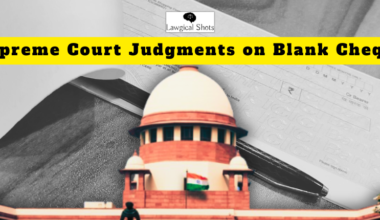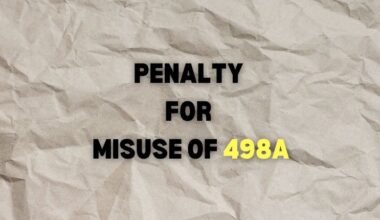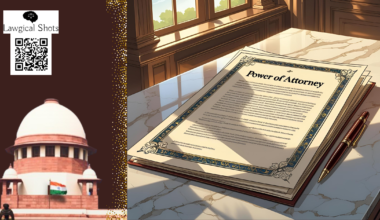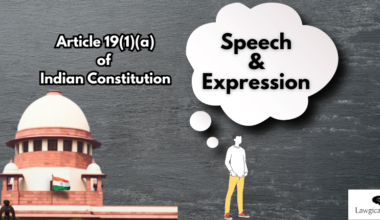What started in 1988 still wanders through the Courtrooms in 2025. This was a recent case of Sethia Infrastructure v. Mafatlal Mangilal Kothari heard in the court of Justice Rajesh Bindal and Justice Manmohan. The High Court condoned a delay of 5250 days. However, the Supreme Court rejected condonation of delay and sent the matter back to the High Court to be decided afresh. Let’s explore what exactly happened in this case.
Factual Background
The legal battle pertains to eviction of defendants from the property in dispute. The civil suit was dismissed by the Trial Court in 1988. An appeal was brought in against the judgment and decree passed by the Trial Court. The High Court admitted the appeal in 1989. The said appeal was listed before High Court in February 2008. The High Court order directed compilation of pleadings within 3 months, or the appeal stood dismissed for non-prosecution without further reference. The matter came back to the Court in 2023.
In the particular case, the High Court condoned the huge delay of 5250 days in filing the application for restoration and directed the restoration of first appeal for decision on merits. All this happened in the absence of the non-applicants. The Court seemingly took note that their private service as reflected in the affidavit filed by the applicant.
Condonation of Delay Rejected by Supreme Court
The Apex Court expressed concern that since it was a huge delay of 5250 days, certain third party rights have been created in the property in dispute. The apex court directed that “The court must be cognizant of the fact that time does not stand still, whenever delay of a long period of time is ought to be condoned the court should not rule out involvement of third parties in the litigation.”
It further added that the “Court must presume that third party rights may have been created and or additional parties may have been developed rights and interest in litigation.”
The Court prima facie observed that the respondent seemed to have woken up from ‘alleged slumber’, since they have much to gain since a developer has stepped in and carrying out construction on a mega scale at the property in dispute. The Court hints that now that the place is being developed at a large scale, reigniting litigation will eventually open the scope for respondent to get some compensation for settlement of dispute.
Conclusion
The Apex Court remitted the matter back to the High Court. Consequently, the application for condonation of delay has to be decided afresh by the High Court after hearing the appellant/developer who claimed to have started developing the suit property during the time period the appeal remained dismissed. The Court further directed to implead the developer as party to dispute if needed.
The condonation of delay rejected by Supreme Court in this case is explained by our intern, Mr. Shasyesh Tiwari. He has been assisting the team in bringing informational legal blogs.
